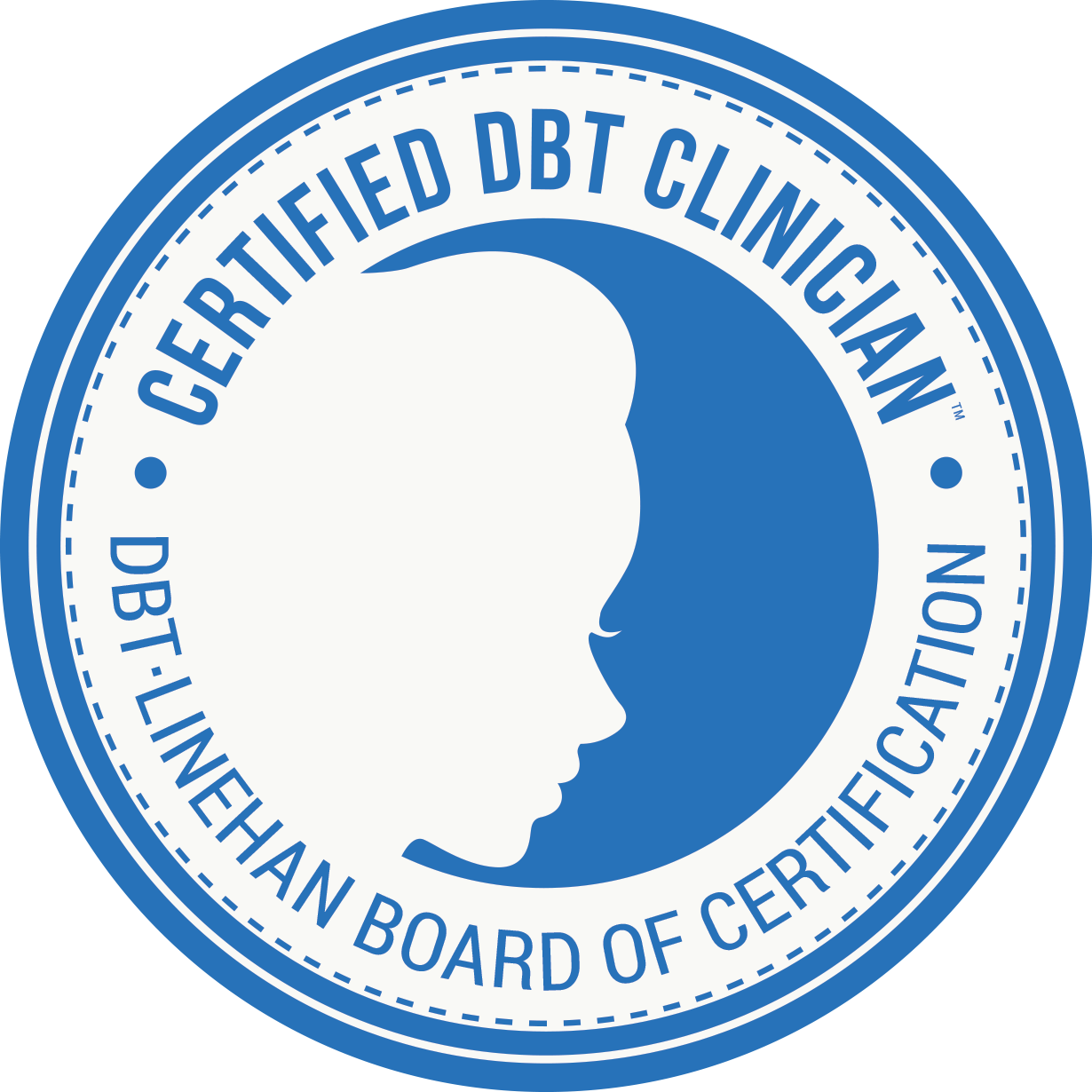Have you ever felt stuck, weighed down by past experiences? Maybe a bad breakup, a childhood trauma, or a stressful event keeps popping into your head, leaving you feeling drained. If you’re looking for a way to move forward and reclaim your peace of mind, Accelerated Resolution Therapy (ART) might be worth exploring.
What does Accelerated Resolution Therapy do?
Imagine hitting the rewind button on a difficult memory, but this time with a remote control. Instead of reliving the pain and negativity, you have the power to change the channel. That’s the core idea behind Accelerated Resolution Therapy (ART).
Here’s the breakdown:
- Finding the Channel: You’ll work with a trained ART therapist to identify a specific memory that’s causing you distress. They’ll create a safe space for you to explore this memory.
- Rewind with a Twist: With the therapist’s guidance, you’ll revisit the memory in a controlled way. You might see the sights and sounds again, but this time with the therapist by your side.
- Eye Movements for Change: This is where the magic happens. While recalling the memory, the therapist will guide you through specific eye movements. These movements are similar to what your eyes do naturally during REM sleep, when your brain processes and stores memories.
- Turning Down the Volume: As you revisit the memory with the eye movements, something remarkable starts to happen. The intensity of the negative emotions associated with it begins to decrease.
- Creating a New Scene: The therapist will then help you create a new, empowering image associated with the memory. This “replacement image” could be a scene of feeling safe, strong, or whatever feels positive for you.
- Taking Control of the Remote: Finally, you’ll practice mentally “switching channels” between the old, negative memory and the new, positive image. This helps solidify the new emotional response and empowers you to take control of how you react to the memory in the future.
Think of it like this:
ART helps you revisit a negative memory, but this time with a toolbox of techniques. The eye movements help you process the memory differently, and the replacement image gives you a new way to see it. It’s like taking back control of the emotional volume control and turning down the negativity.
Is Accelerated Resolution Therapy the same as EMDR?
Think of Accelerated Resolution Therapy and EMDR as cousins in the therapy world. They share some family traits, but they also have their own unique personalities.
- Structure: Accelerated Resolution Therapy is like the more organized cousin. It follows a very specific protocol, often completed in just a few sessions. The therapist guides you through each step, ensuring a focused and efficient approach. EMDR, on the other hand, is a bit more free-flowing. It can take longer as it allows you to explore the memory more organically, following wherever your mind takes you.
- Focus: ART is laser-focused on changing your emotional response to a specific memory. It uses those nifty eye movements and visualization techniques to help you detach the negative feelings from the experience. EMDR takes a broader approach. It aims not only to change your emotional response but also to help you understand and reprocess the memory itself. This can sometimes involve revisiting different aspects of the memory and developing new beliefs about what happened.
- Toolbox: Accelerated Resolution Therapy pulls out some powerful tools from its toolbox. The eye movements and visualization are its specialties, but it can also incorporate elements of other therapies like CBT to address any negative thought patterns associated with the memory. EMDR also uses its own set of tools, including bilateral stimulation (like eye movements, but can also be tapping or sounds) and various techniques to help you process the memory and emotions.
Ultimately, the best therapy for you depends on your individual needs and preferences. If you’re looking for a more structured approach with a focus on quickly changing your emotional response, ART might be a good fit. If you prefer a more open-ended exploration of the memory itself, EMDR could be a good option.
Talk to a therapist who specializes in both techniques to see which one feels right for you.
Is Accelerated Resolution Therapy legit?
It’s a fair question. Accelerated Resolution Therapy is a relatively new therapy compared to some established methods.
While more long-term research is definitely needed, here’s what we know so far:
- Early Signs are Promising: Multiple studies have shown positive results using Accelerated Resolution Therapy for conditions like PTSD, anxiety, and depression. People have reported significant reductions in symptoms after just a few sessions.
- Faster Relief, Potentially: Unlike traditional therapy, which can take months or even years, ART is designed to be brief and focused. This can be a major benefit for people who are eager to find relief and move forward with their lives.
- Brainpower Behind the Technique: The eye movements used in Accelerated Resolution Therapy are based on the idea that they stimulate similar brain activity to what happens during REM sleep, a stage of sleep crucial for memory processing and emotional regulation.
- Not a Standalone Solution: It’s important to remember that Accelerated Resolution Therapy isn’t a magic bullet. While it can be a powerful tool, it’s often used in conjunction with other therapies like CBT to address underlying thought patterns and coping mechanisms.
- Skepticism is Healthy: It’s always a good idea to approach any new treatment with a healthy dose of skepticism. Talk to a qualified therapist who can explain the research behind ART and discuss if it might be a good fit for your specific needs.
The takeaway? Accelerated Resolution Therapy shows promise as a potentially faster and effective treatment for various mental health struggles.
While more research is ongoing, it could be a valuable tool in your journey towards healing.
What is the success rate of Accelerated Resolution Therapy?
How successful is Accelerated Resolution Therapy? It’s like a fingerprint – unique to each person.
The truth is, there’s no one-size-fits-all answer. The success rate of Accelerated Resolution Therapy depends on several factors:
- The Individual: Everyone heals at their own pace. Factors like the severity of the issue, openness to the therapy, and support system can all influence how quickly someone sees results.
- The Specific Issue: ART is effective for various problems, but some may respond better than others. Studies have shown promising results for PTSD, anxiety, and depression.
- The Number of Sessions: Unlike traditional therapy with ongoing sessions, ART is designed to be brief and focused. Some people experience significant improvement after just one session, while others may need two or three sessions to solidify the changes.
Here’s the good news:
- Fast Relief Potential: Compared to traditional therapy, ART offers the possibility of experiencing significant improvement in a shorter time frame. This can be a huge benefit for people who are eager to find relief and move forward.
- High Completion Rates: Studies have shown that a high percentage of people who start ART complete the program. This suggests that most people find the approach tolerable and potentially helpful.
- Focus on Long-Term Change: While the initial sessions target specific memories, the goal of ART is to equip you with tools to manage difficult emotions and memories on your own in the future.
Remember: ART isn’t a magic bullet. It’s a powerful tool, but it’s often used alongside other therapies and self-care practices for long-term success.
Conclusion
Feeling stuck in the past can be like driving with the rearview mirror permanently glued on. You can see where you’ve been, but it’s hard to focus on the road ahead.
Accelerated Resolution Therapy can be the key to taking back the wheel.
Accelerated Resolution Therapy isn’t about erasing your past. It’s about changing how those past experiences affect you in the present. It’s about equipping yourself with the tools to detach from negativity and move forward with confidence.
You don’t have to stay prisoner to your past.
If you’re ready to break free and reclaim your emotional well-being, Accelerated Resolution Therapy could be a powerful ally. Remember, there’s no shame in seeking help.
Reach out to us today and take the first step towards a brighter future. You deserve to heal, move forward, and finally shift your gaze from the rearview mirror to the open road ahead.
What is Accelerated Resolution Therapy?
Accelerated Resolution Therapy (ART) is a brief, evidence-based form of psychotherapy that helps individuals process and resolve trauma, anxiety, depression, phobias, and other mental health challenges. It combines elements of traditional talk therapy with techniques like guided imagery, eye movements, and memory reconsolidation. ART aims to reduce emotional distress by allowing the brain to “rewrite” how distressing memories are stored.
Sessions are usually short-term (often 1–5 sessions) and are designed to achieve rapid relief without requiring clients to talk in-depth about traumatic events.
Is Accelerated Resolution Therapy legit?
Yes, ART is considered a legitimate and effective therapeutic approach.
-
Research-supported: Studies have shown positive outcomes, especially in treating PTSD, anxiety, and depression.
-
Veterans Affairs and mental health professionals: Many organizations, including the U.S. Department of Veterans Affairs, have integrated ART into treatment options for trauma.
-
Licensed practitioners only: ART must be administered by trained, licensed mental health professionals, ensuring ethical and informed use.
Is Accelerated Resolution Therapy the same as EMDR?
No, ART and EMDR (Eye Movement Desensitization and Reprocessing) are similar but not the same.
Key similarities:
-
Both use eye movements to process trauma.
-
Both aim to reduce emotional distress related to painful memories.
Key differences:
-
Structure: ART is more directive and structured; therapists often guide clients through a specific series of steps.
-
Imagery rescripting: ART encourages clients to actively replace distressing images with positive ones.
-
Duration: ART typically leads to faster symptom relief in fewer sessions compared to EMDR.
-
Talking about trauma: ART often requires less verbal disclosure, which can be helpful for clients who find it difficult to talk about their trauma.
What is the difference between Accelerated Resolution Therapy and CBT?
Cognitive Behavioral Therapy (CBT) and ART differ in approach and focus:
| Feature | ART | CBT |
|---|---|---|
| Focus | Rapid resolution of distressing memories | Restructuring thoughts and behaviors |
| Technique | Eye movements, imagery rescripting | Cognitive reframing, behavioral exercises |
| Session Style | More experiential and less talk-heavy | Discussion-based, homework-focused |
| Timeline | Short-term (1–5 sessions for specific issues) | Short- to medium-term (typically 8–20+ sessions) |
| Best For | PTSD, phobias, trauma, grief |
Anxiety, depression, OCD, stress, mood disordersBoth are valid, evidence-based therapies—it often comes down to individual needs and preferences. |
CONTACT
LOCATIONS
Charlotte
Davidson
Huntersville
Concord
VIRTUAL SERVICES IN:
North Carolina
South Carolina
Florida
Vermont
Kansas
California
Arizona
Live Happier.
Love Deeper.
Start Now.


